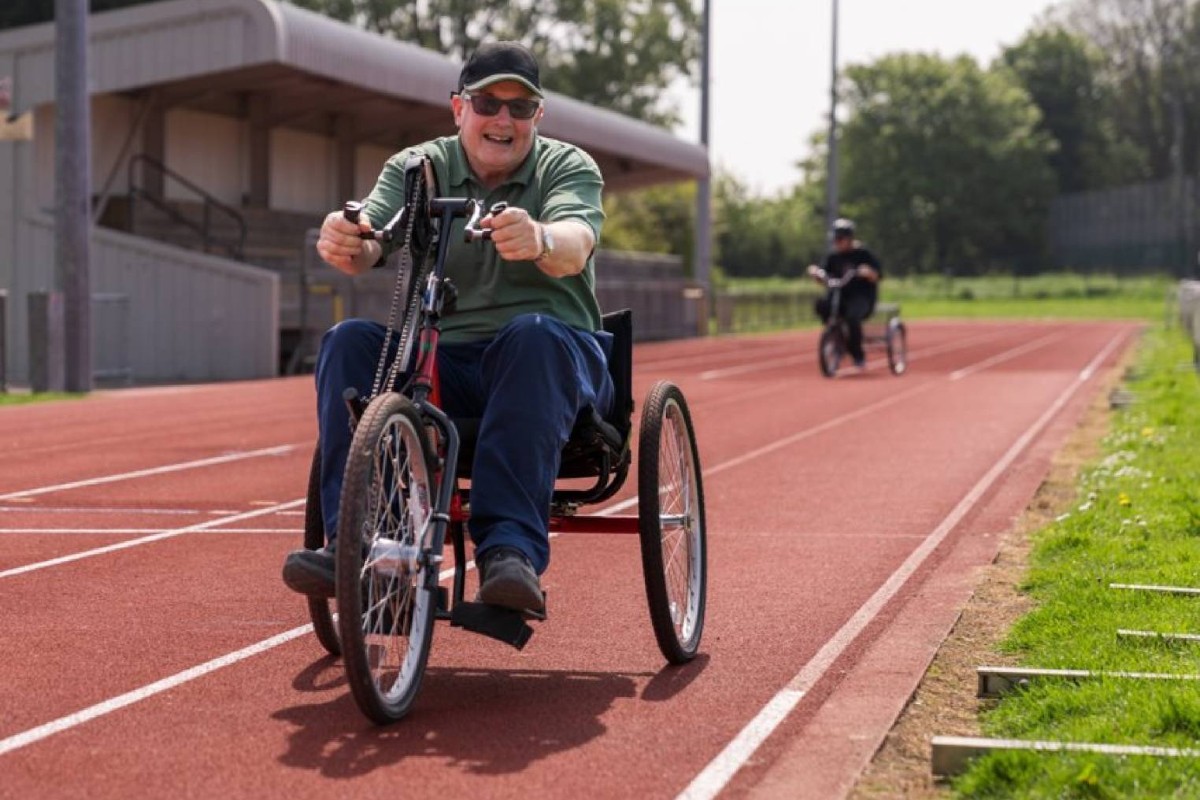The Royal College of Physicians (RCP) found three in five physicians (59%) delivered care in temporary spaces between June and August 2025.
Dr Hilary Williams, RCP clinical vice president, said: ‘Delivering care in corridors and other temporary spaces has sadly become an everyday reality for many doctors, placing immense physical and emotional strain on staff. Patients deserve better. They should receive care in safe, private, and properly equipped environments.'
Of those who reported providing care in a temporary environment over the summer months, 45% said they had done so daily or almost daily. Nearly all (94%) said patient privacy and dignity had been compromised, with 84% reporting patient confidentiality was compromised and 81% saying clinical practice was physically difficult.
Almost three-quarters (72%) felt forced to provide care in these environments, while 66% said they felt this was the new norm. Almost one in ten (8%) said the experience had made them consider leaving their roles altogether.
The RCP called on the Government to:
protect patients and staff by supporting them when care is delivered in temporary care environments
prevent this practice by implementing systems and processes to improve patient flow and discharge
pledge long term investment in social care and public health initiatives to tackle avoidable admissions and improve health
publish data all year round on how many patients are being treated in temporary care environments.
Reaction
Isabel Lawicka, director of policy and strategy, NHS Providers, said: ‘This survey of doctors shows that they and other NHS staff, especially in busy A&Es, do everything they can in tough conditions to treat patients in the right places but there are times when stretched NHS trusts are forced to provide care outside wards, having exhausted all options.
‘Our new report shows how urgent investment in NHS buildings and equipment is needed to improve capacity.
‘Nobody wants to see corridor care become "business as usual".'
Rory Deighton, acute and community care director at the NHS Confederation, said: ‘There is no easy fix, but the NHS and partners are working incredibly hard to bolster community support to care for people closer to home and reduce demand on hospitals. The lack of suitable infrastructure for surge capacity is a challenge for some hospitals, which is why we've been urging the Government to allow private capital investment into more parts of the NHS – including the acute sector – in order to build new facilities.'
A DHSC spokesperson said: ‘It is shocking corridor care has become a feature of the NHS and we are working at pace to turn around more than a decade of neglect.
‘Despite NHS Accident and Emergency departments facing their busiest August ever, ambulance response times and handovers are the fastest they have been since the pandemic.
‘To prepare our health service this winter we are expanding urgent and emergency capacity and upgrading hundreds of ambulances across the country – backed by an extra £450m. We are also ensuring vulnerable people are protected from Covid and flu through our vaccine programme – and we are working with NHS leaders this winter to implement robust plans for their patients.'



